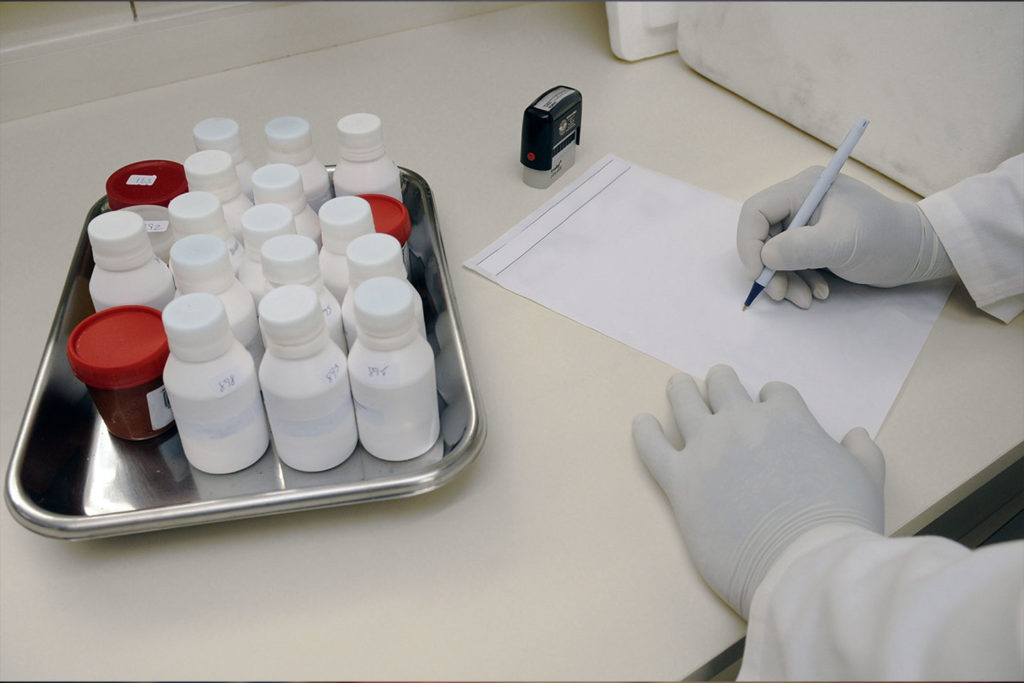The Best Weapon Against C. Diff: Probiotics
Clostridium difficile (C. diff) infections are the most common superbug pathogens patients face in American healthcare settings (hospitals and long-term care facilities), largely due to doctors overprescribing antibiotics.
Some 500,000 patients are sickened by C. diff infections annually in America and nearly 30,000 lives (largely seniors) are lost as a result.
Fortunately, medical experts are coming around to the idea that less — in the case of antibiotics — is more and multi-strain probiotics may be better weapons for preventing these infections, based on a pair of studies published earlier this year in Infection Control & Hospital Epidemiology.
The first report — a metanalysis of 18 controlled trials and about 6,800 patients in 12 countries — found probiotics reduced the chances patients would be sickened by a C. diff infection by roughly two-thirds.
Moreover, multi-species probiotics (probiotics with multiple strains of beneficial bacteria) were much more beneficial to preventing C. diff infections, compared to single-strain probiotics.
Interestingly, probiotics were very effective in preventing C. diff infections in cases where patients were taking more than one antibiotic and in healthcare settings where the risks of infection were higher than 5 percent.
A second study, conducted in the Cook County Health System in Illinois, reported more positive results with multi-strain probiotics (featuring three of the 10 strains contained in EndoMune Advanced Probiotic) providing a long-term benefit.
Over a 12-month period of monitoring treatment with probiotics, reports of C. diff infections fell significantly during the final six months. During that time, patients took probiotics initially within 12 hours after receiving their first antibiotic dose until five days after completing their course of antibiotics.
It’s not surprising how protective and beneficial multi-strain probiotics can be for your health, given how effective they are in easing the symptoms of a variety of health conditions, including leaky gut, depression and constipation.
Even when you’re not actively taking antibiotics for a health condition, you may be surprised by how often you’ve exposed to them merely by eating meat or dairy products that retain traces of antibiotic-resistant germs that can trigger foodborne infections all on their own.
All the more reason you may want to consider taking a multi-strain probiotic like EndoMune to protect your health.
The Best Weapon Against C. Diff: Probiotics Read More »


